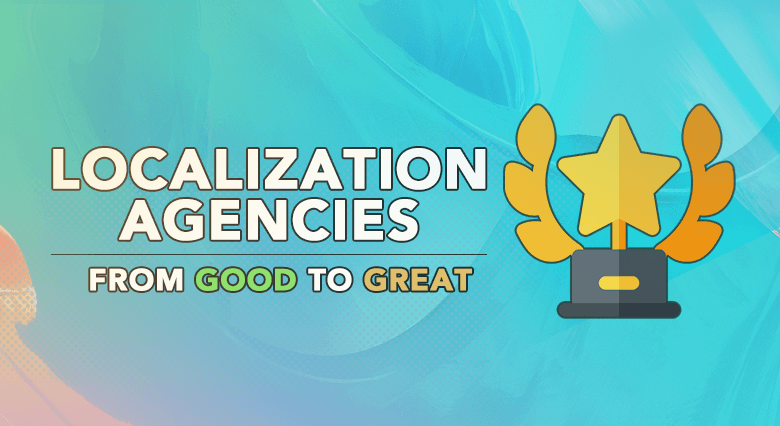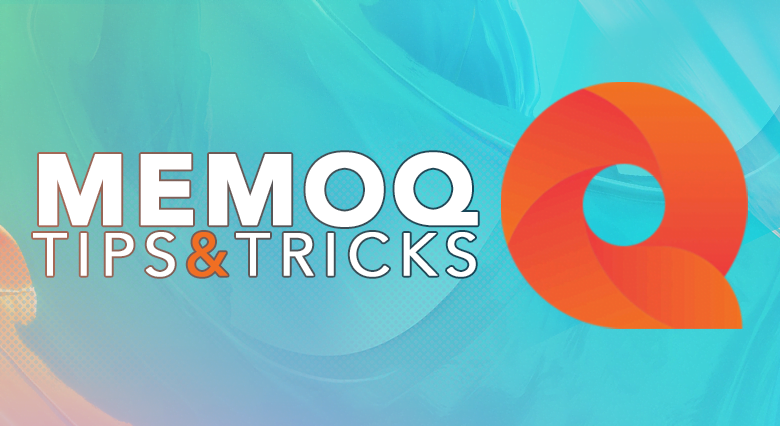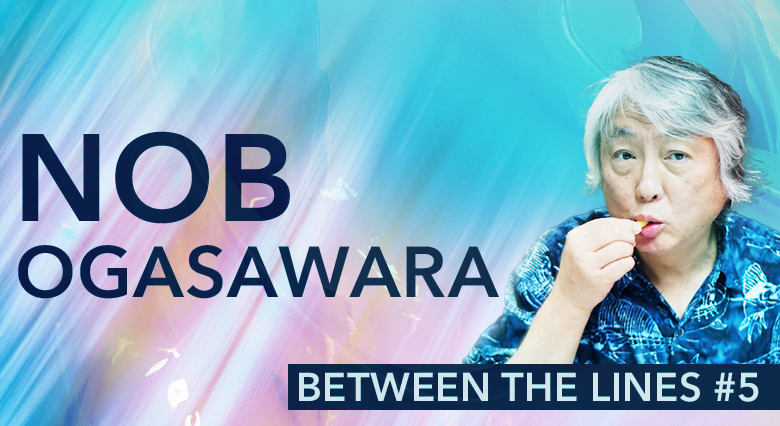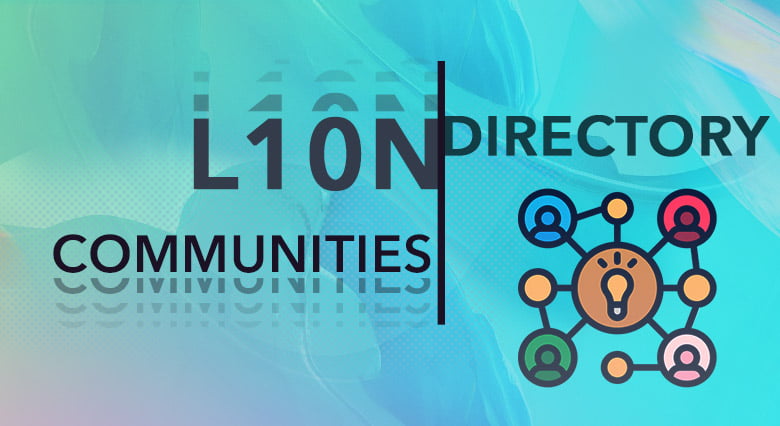Getting Started in Game Localization
Every once in a while, I receive the same question from aspiring newcomers: how does one become a game translator? This is a very broad topic that I’ve briefly covered in the past, but never really deep-dived into – after all, my own experience is far removed from the average newcomer, and my expertise doesn’t […]
Getting Started in Game Localization Read More »










